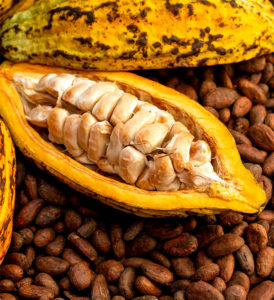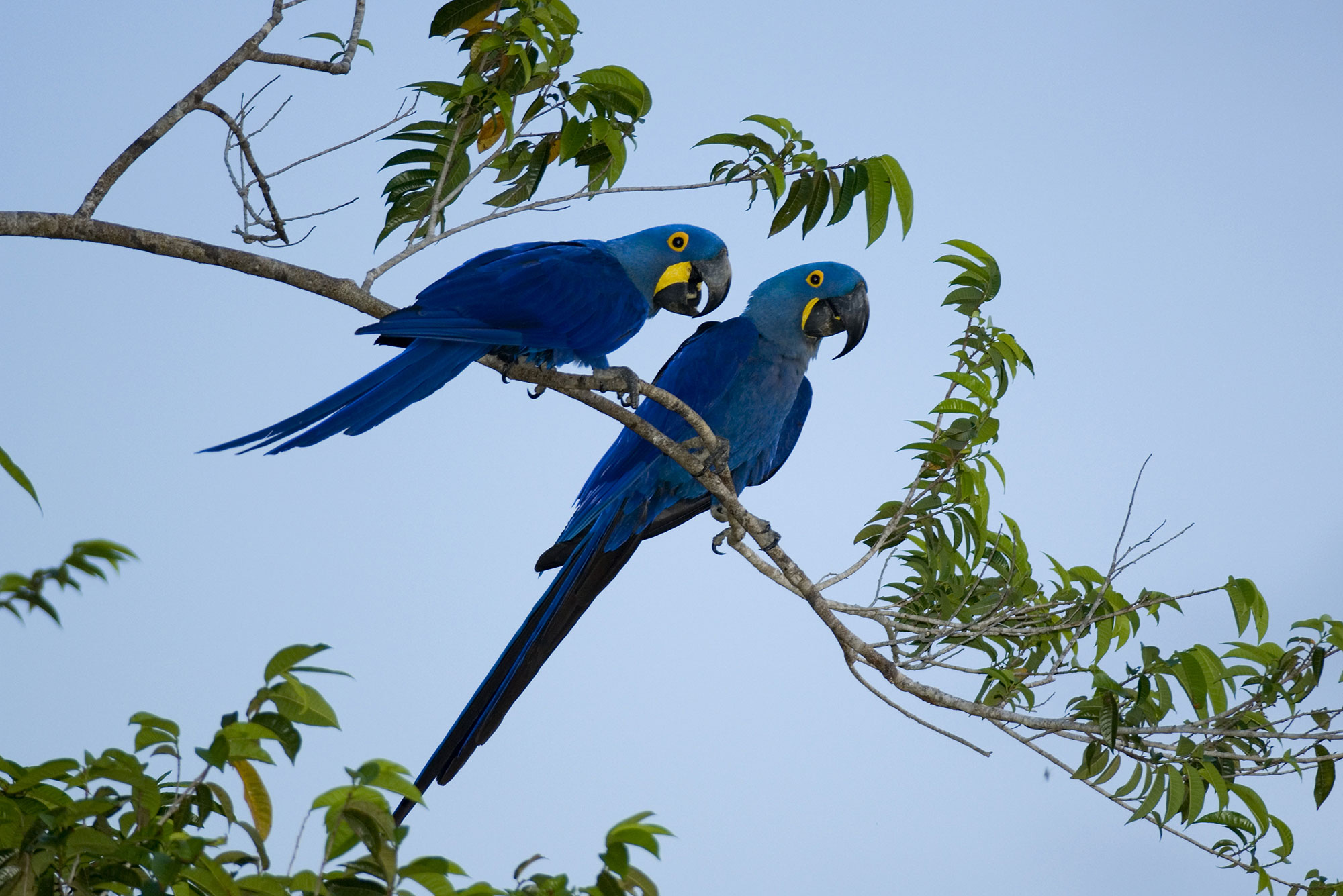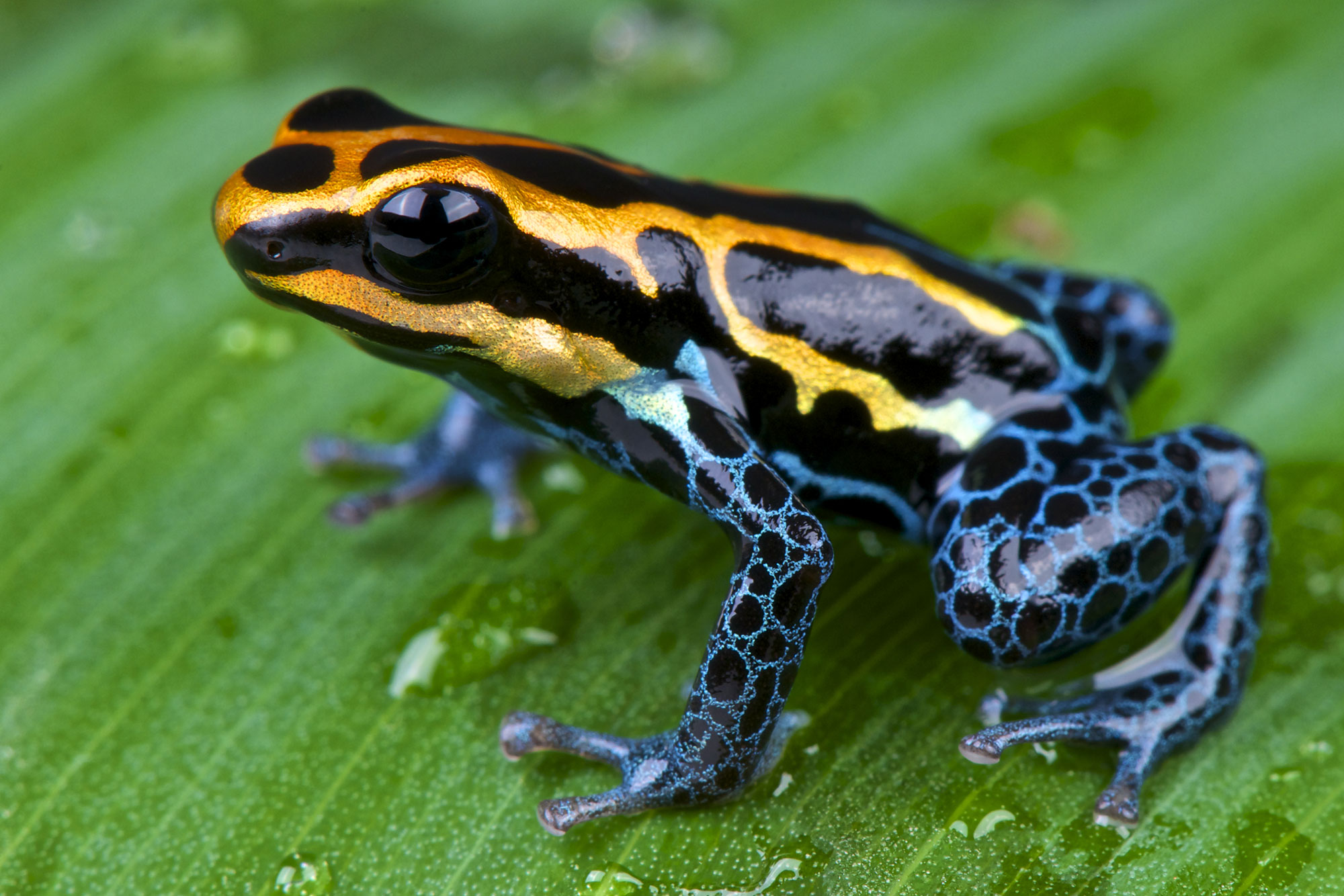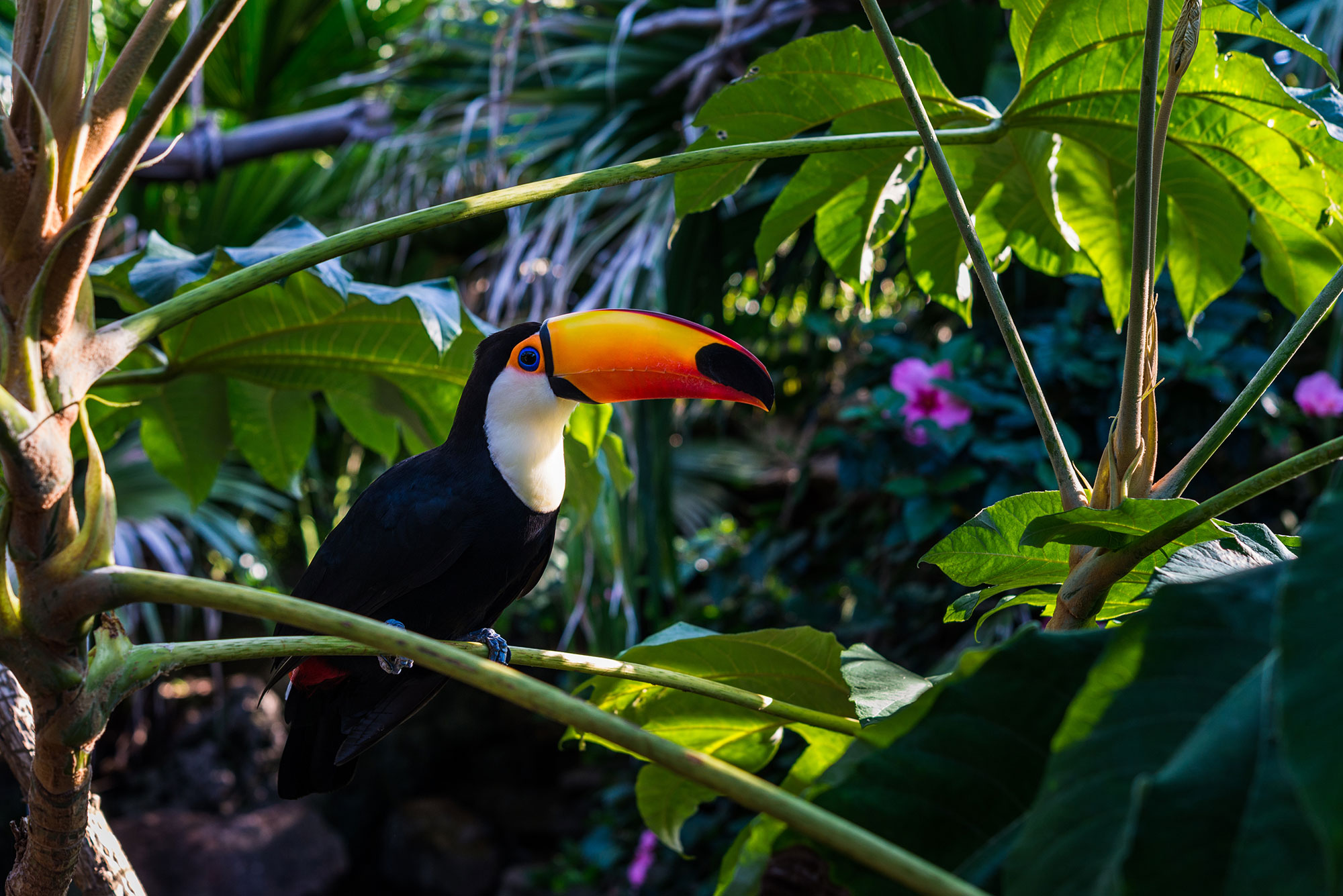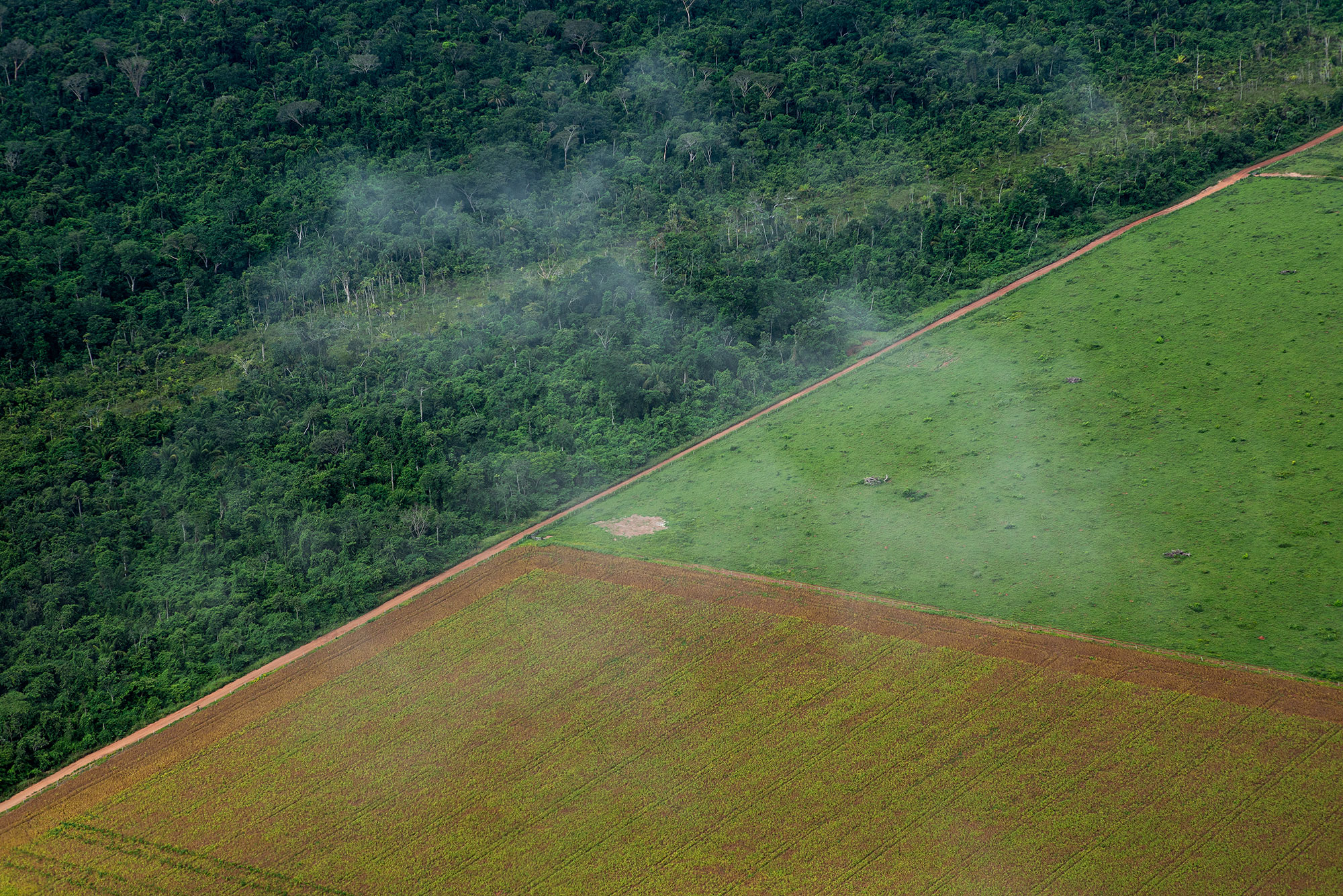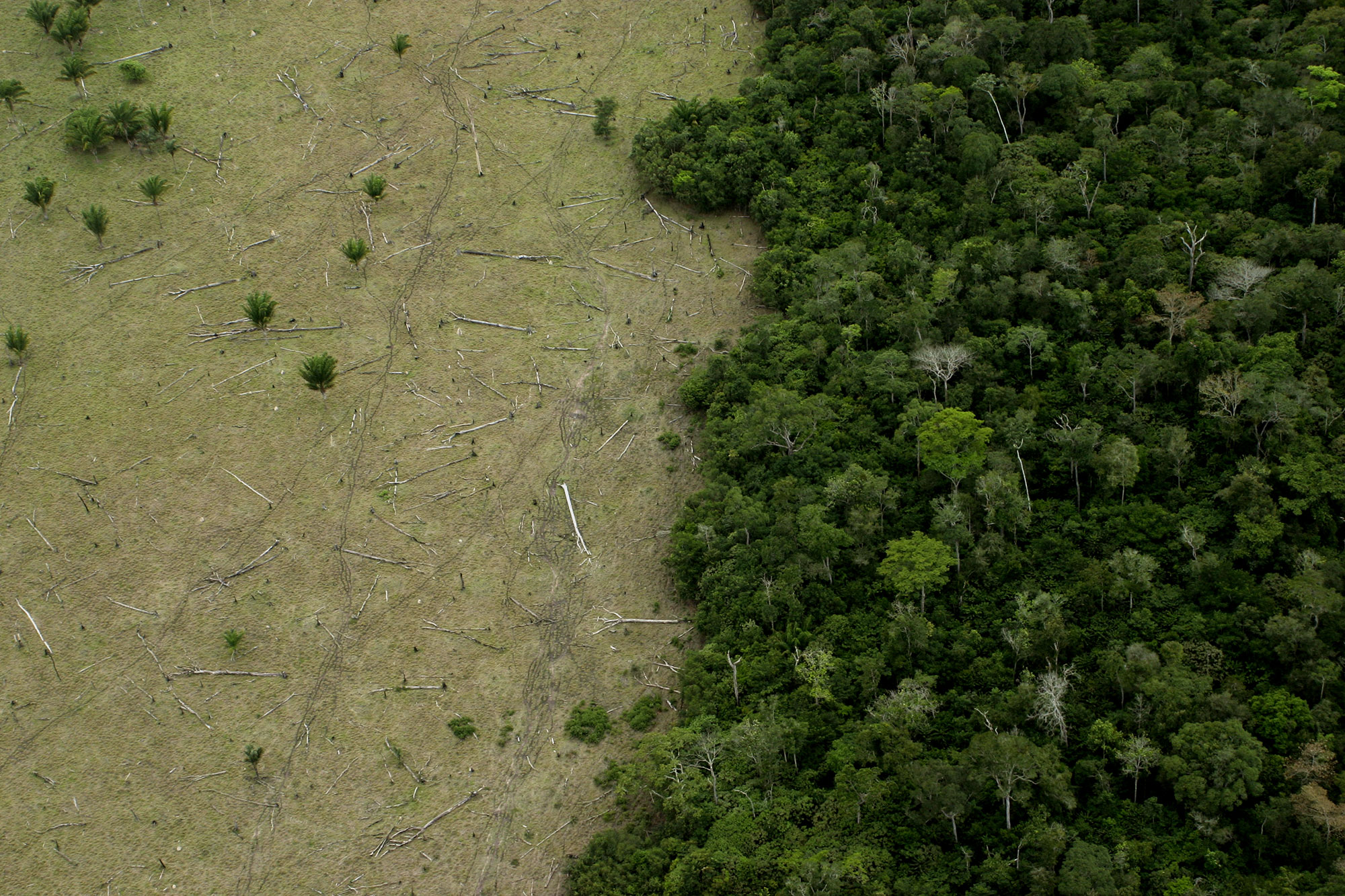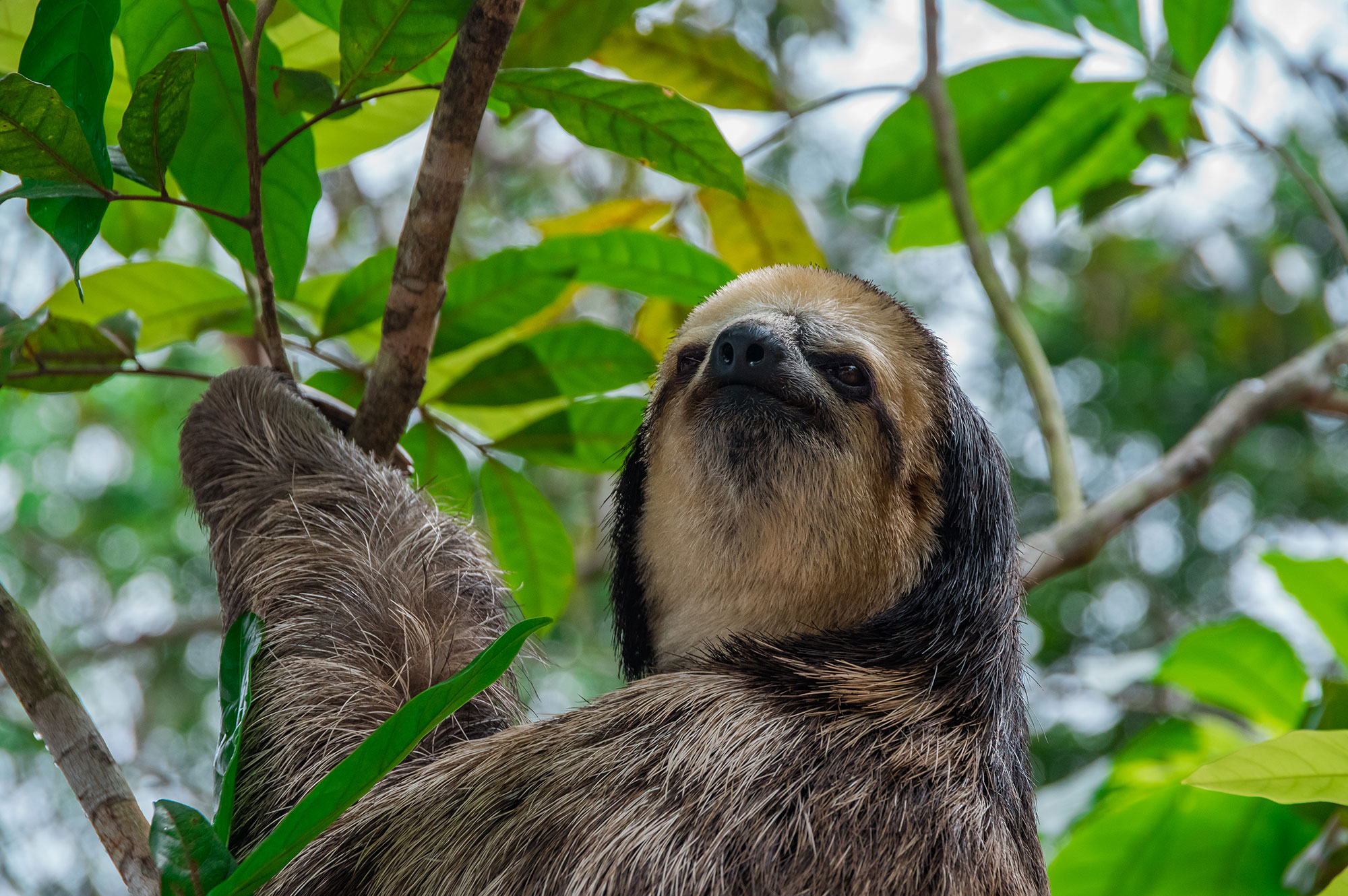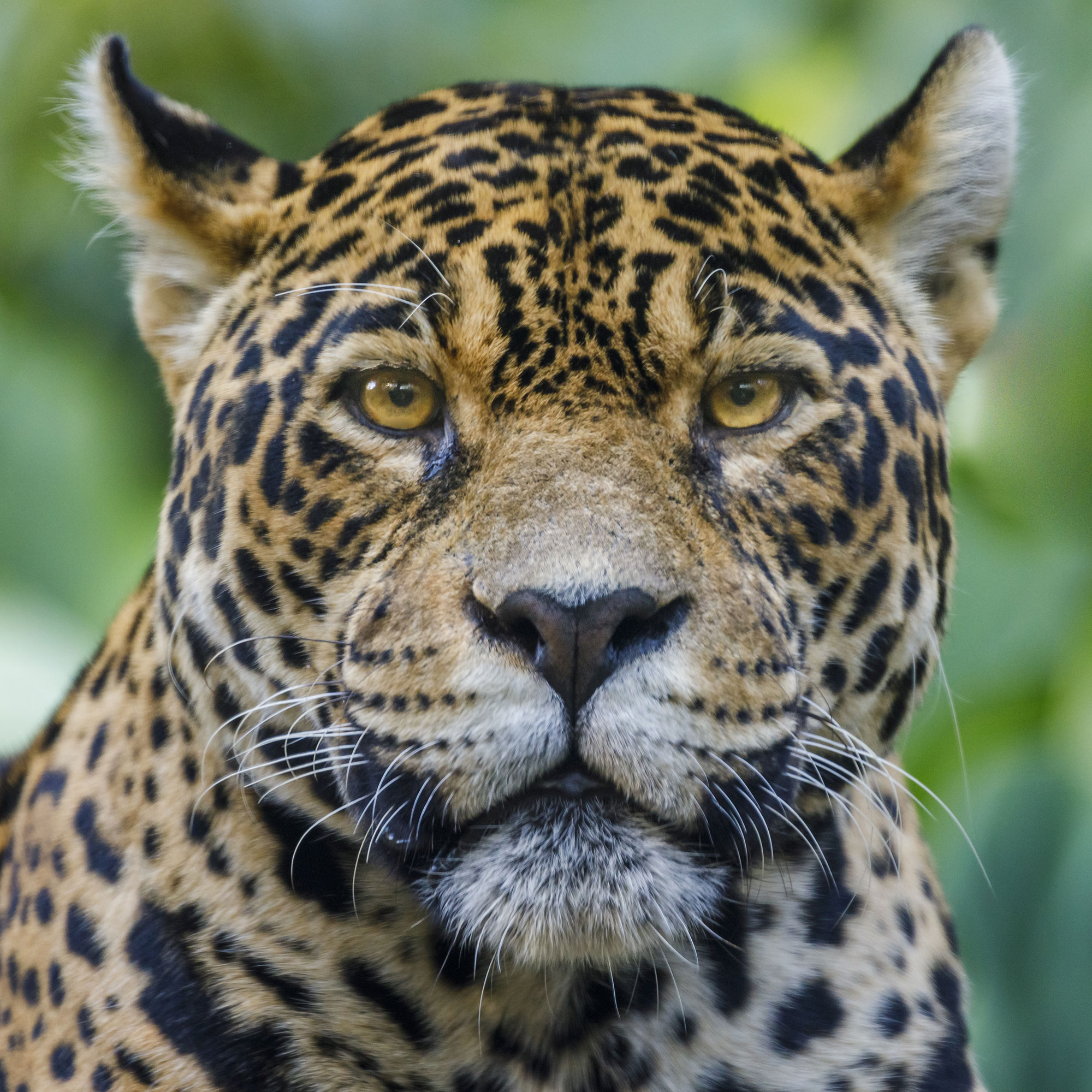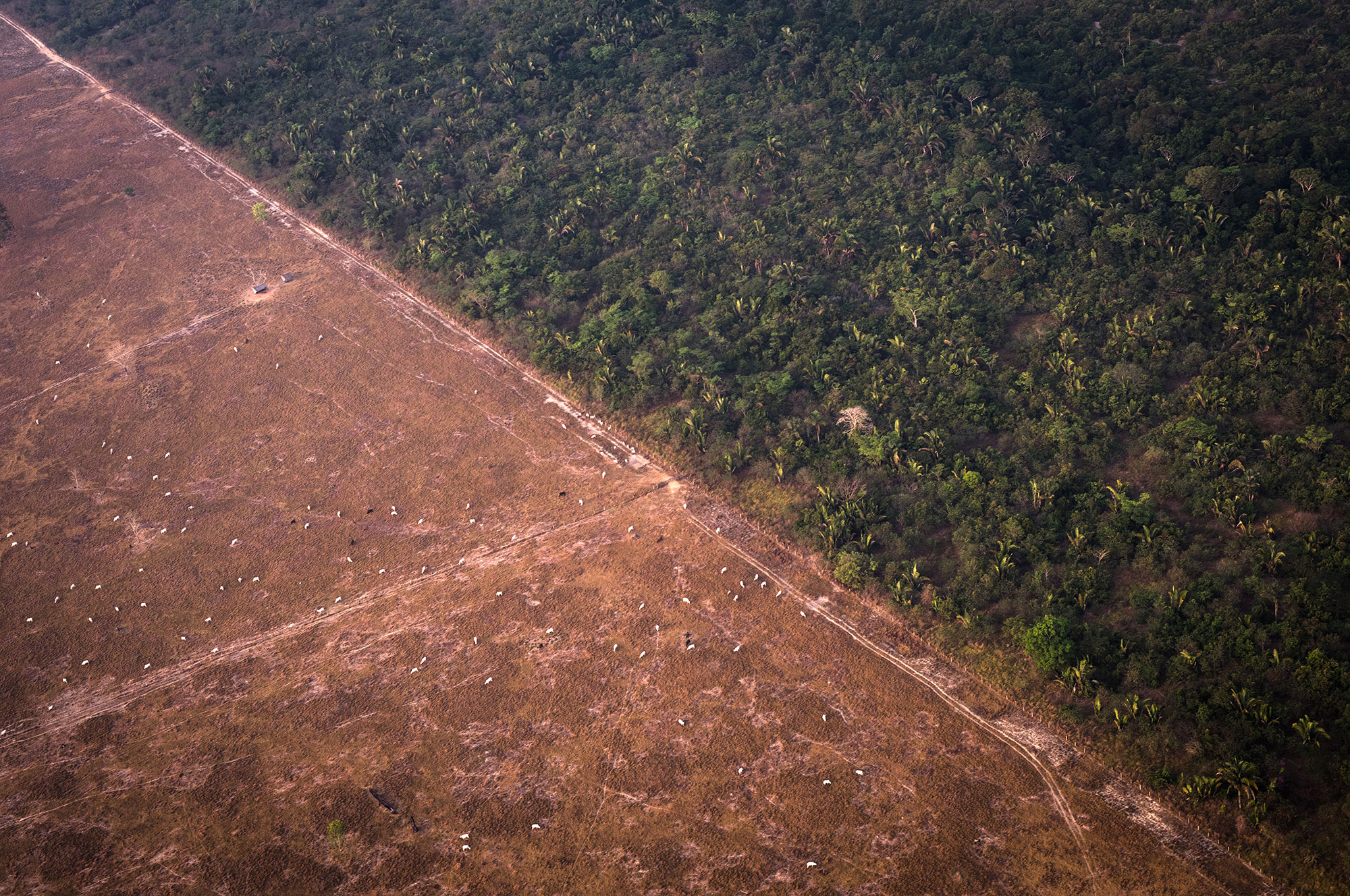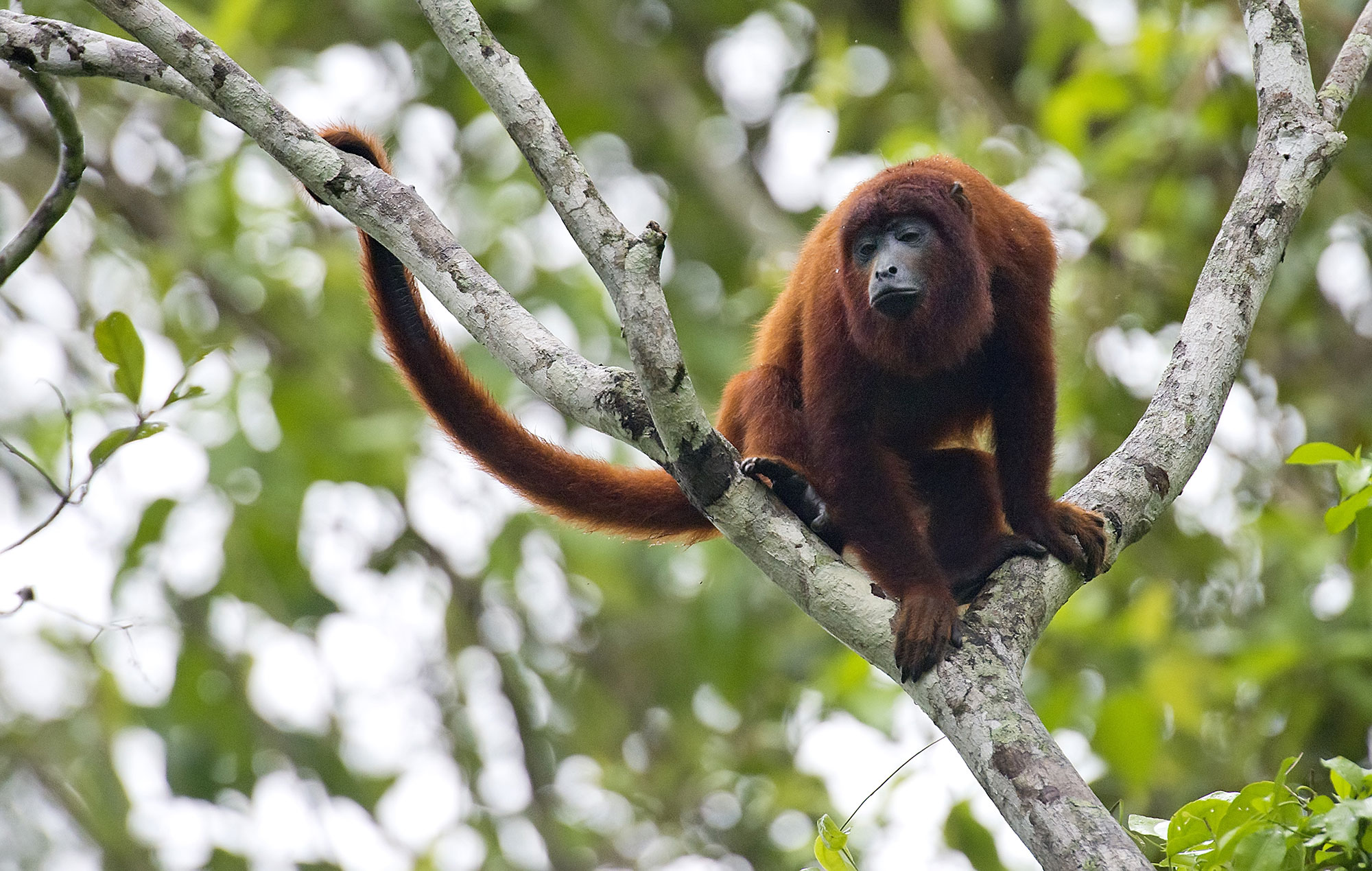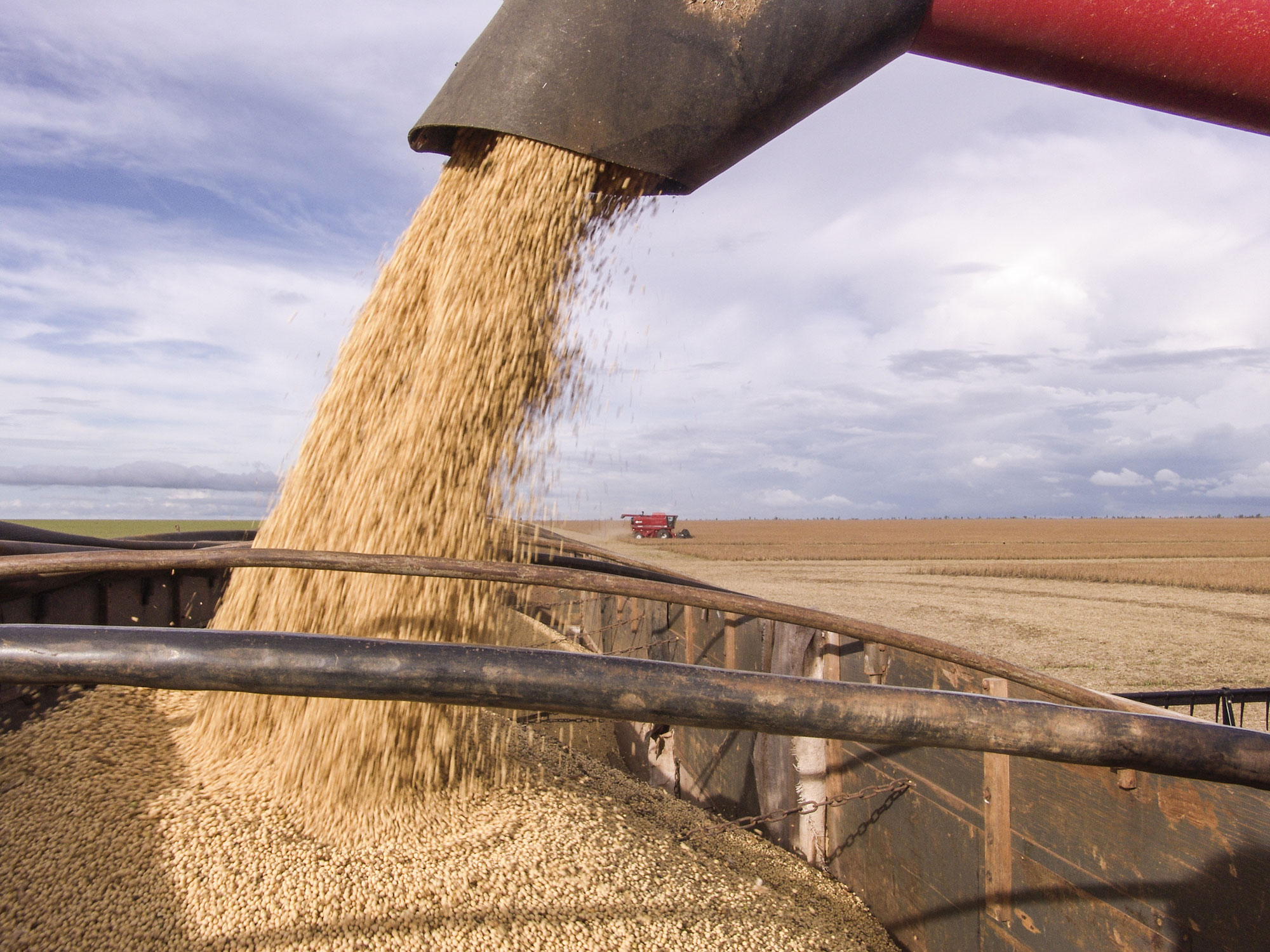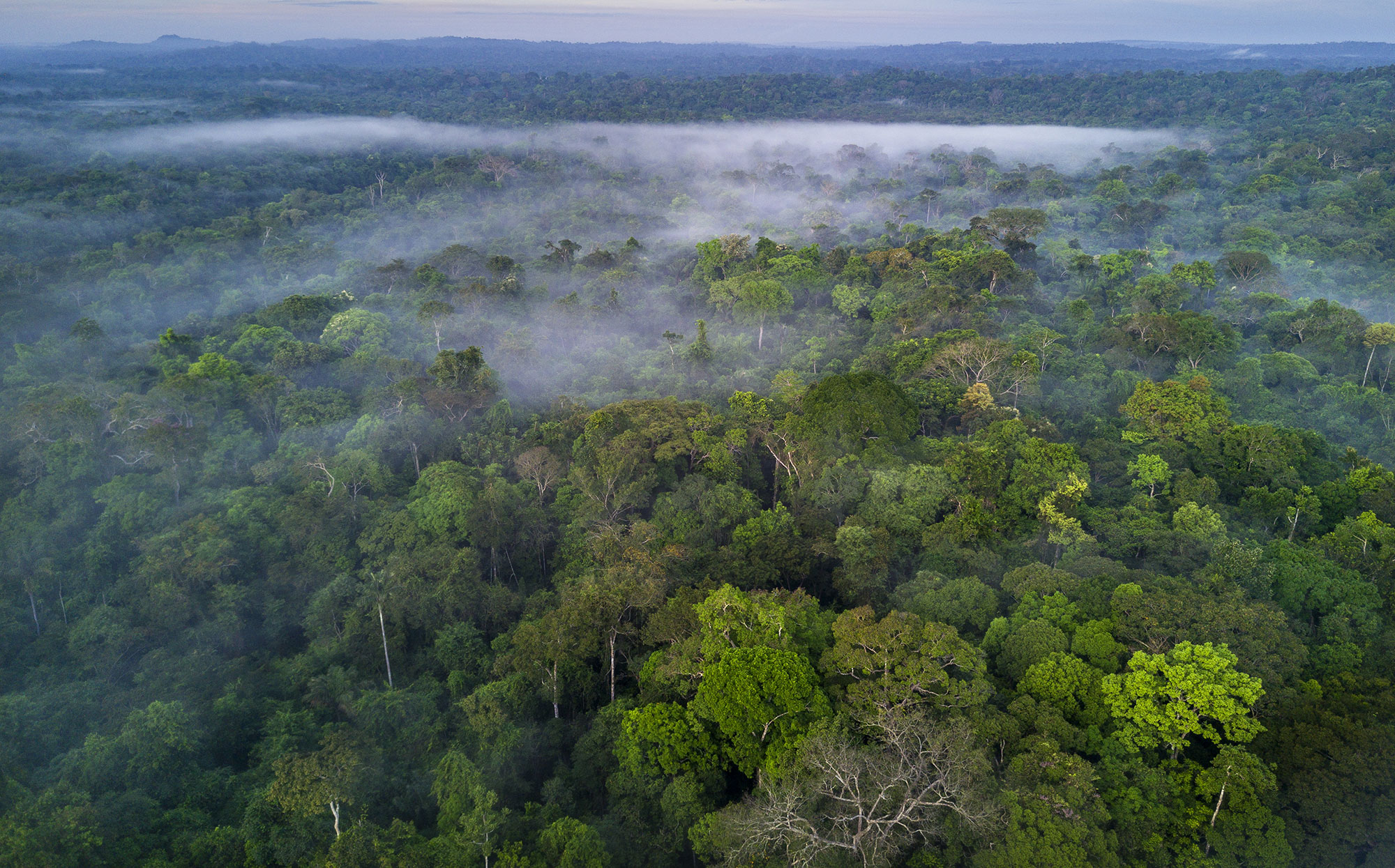Help save tropical forests!
Across the globe, tropical forests are being cleared at an alarming pace, destroying habitat for wildlife, encroaching on indigenous territories, releasing enormous amounts of greenhouse gasses, and disrupting our planet’s global cooling system. 80% of tropical forest loss is to make room for growing agricultural commodities like palm oil, cocoa, beef, leather, and soy, which end up on our grocery store shelves.
Fortunately, newly proposed bipartisan legislation would help stop deforestation in its tracks. The FOREST Act, introduced in congress last fall, would help countries improve forest governance, and use trade tools to keep goods produced on illegally deforested land from reaching the US. In California and New York, proposed state bills would require products purchased by state governments to be deforestation-free. If passed, these bills would be a huge step forward for protecting our world’s forests, and preventing US consumers from unknowingly funding deforestation.
TAKE ACTION
The
California
Deforestation-Free Procurement Act (AB1979)
The California Deforestation-Free Procurement Act, proposed by State Representative Ash Kalra, would require state contractors to certify that their products aren’t linked to tropical deforestation. First introduced in 2020, the bill originally passed the state legislature by an overwhelming majority, but was vetoed by the Governor for concerns that are now being addressed by state legislators.
The
FOREST
Act
(S.2950/H.R.5508)
The Fostering Overseas Rule of Law and Environmentally Sound Trade (FOREST) Act was introduced last fall by Senator Schatz (D-HI) and Representative Blumenauer (D-OR), with bipartisan support. If passed, the bill would require importers to trace products to origin to ensure they were not produced on illegally deforested land. It would also establish a procurement preference for verified deforestation-free products, and a fund to support producer countries in improving forest governance and sustainable production.
The
New York
Deforestation-Free Procurement Act (S5921A)
The New York Deforestation-Free Procurement Act, proposed by Senator Kreuger and Assembly Member Zebrowski, is modeled after the California bill of the same name, and would require state contractors to certify that their products aren’t linked to tropical or boreal deforestation. The bill will also tighten an existing state ban on the use of tropical hardwoods for government projects. Companion legislation has also been introduced, which would create a program to assist contractors with supply chain traceability.
CONSEQUENCES OF TROPICAL DEFORESTATION
Wildlife
Tropical forests, although only covering less than 10 percent of the Earth’s surface, are home to about two-thirds of the world’s plant and animal species. Animals like monkeys, parrots, tapirs all depend on tropical forests to survive, and rapid deforestation has led to severe population decline for many species. For example, Spix’s Macaw was declared extinct in the wild in 2018 due to rampant forest clearing for agriculture in Brazil.
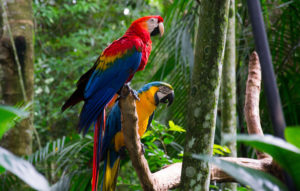
Climate
Deforestation is a major contributor of greenhouse gas emissions. Often called a ‘carbon bomb,’ each hectare of tropical forest lost releases hundreds of tons of carbon dioxide into the atmosphere. But not only does clearing forests release greenhouse gasses, it also limits the planet’s ability to remove CO2 from the atmosphere. This ability to continually take in and store greenhouse gasses is what makes protecting standing forests one of the simplest ways to prevent climate change.
Tropical forests also buffer the effects of climate change by cooling the planet. Without tropical forests, the world would be a whole 1 degree C warmer. Tropical forests also provide rainfall for regions far beyond their borders, a necessity for agriculture, wildlife, and people.
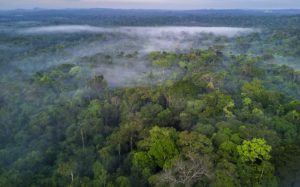
Human health
Tropical deforestation goes hand in hand with forest fires, which are used to quickly clear room for agriculture and ranching. Smoke and particulate matter released from forest fires can have devastating health consequences. For example, it was estimated that in 2015, fires to clear land for agriculture in Indonesia led to 10,000 premature deaths.
As forests are cleared, humans are also increasingly brought into contact with animals who have lost their habitat, leading to the spread of zoonoses and other diseases, which increases the risk of future pandemics. In the absence of forests, which cool the air through evapotranspiration and provide shade, hotter temperatures can also increase the spread of disease, and increase the risk of heat related deaths, like heart attacks and strokes, for outdoor workers.
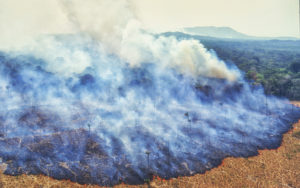
PRODUCTS DRIVING DEFORESTATION
Cattle
Unsustainable cattle expansion into the Brazilian Amazon is the world’s largest driver of deforestation, and is responsible for nearly twice as much forest loss as the other top six forest risk commodities combined. Emissions from deforestation for cattle expansion alone are equal to that of all global flights.
The major cattle products are beef and leather. The US is the number one importer of Brazilian beef, and many leather products, especially those made from Italian leather, are made from the hides of Brazilian cattle. Many European car seats (think Volkswagen or BMW), shoes (like Adidas), and designer bags (like Gucci) are made from leather sourced from Brazil, and are then sold to US consumers.
Fortunately, opportunities exist for cattle ranching to be done in a more responsible and sustainable way, and the FOREST Act could help accelerate the implementation of tools and systems to make that possible, while also leveling the playing field for businesses with sustainable production strategies.
Read more:
Zero deforestation cattle
Indirect suppliers working group
Visipec
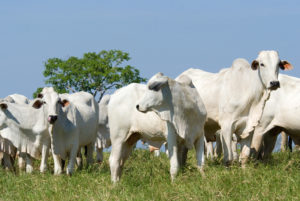
Soy
Soy is a key component in global food production and one of the most widely traded agricultural commodities in the world. Soy can be found in a wide range of food and non-food products, including tofu, margarine, salad dressing and edible oils as well as cosmetics, soaps, and transport fuels. While there are many different uses, the majority of the world’s soy is used as livestock feed for poultry, swine, and cattle.
Over the past several decades, soy production has expanded rapidly across South America. This expansion has driven large-scale deforestation in the Brazilian Amazon and Cerrado biomes as well as the Gran Chaco in Argentina and Paraguay. Demand for soy and soy-based products is expected to continue to grow, especially as rising incomes in developing countries leads to increased consumption. This will likely further increase pressures on already vulnerable forests in Brazil, Argentina, and Paraguay.
However, like with cattle products, deforestation-free soy is possible, and the FOREST Act and related legislation would help turn those possibilities into a reality.
Read more:
Zero deforestation soy
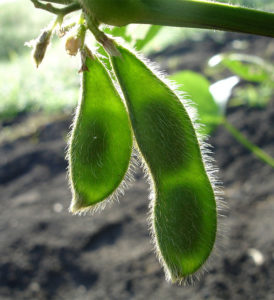
Palm oil
Palm oil – the vegetable oil pressed from the fruit and seeds of the oil palm – is the world’s most widely used vegetable oil. It is used as cooking oil throughout the tropics, but also commonly found in packaged foods, cosmetics, and detergents. In fact, around 50% of the products we use everyday contain palm oil. About 85% of global production occurs in Indonesia and Malaysia, where oil palm plantations have largely come at the expense of forests and peatlands, but production is also increasing in Africa and Latin America.
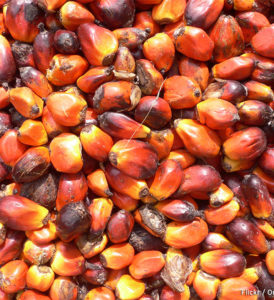
Cocoa
The majority of cocoa, known better as the key ingredient in chocolate, is grown in Côte d’Ivoire and Ghana (accounting for 60% of global production) followed by Indonesia, Colombia, and Brazil. Like cattle, soy, and palm oil, cocoa production is a leading driver of deforestation in these countries. In Côte d’Ivoire alone, cocoa production and other commodity agriculture has led to the destruction of 94% of its humid tropical forest. Efforts to promote sustainability within the sector have been hampered by illicit farms within protected areas, and insufficient actions from major brands and retailers.
The cocoa industry is also intertwined with human rights abuses and social challenges. Most cocoa farmers already make less than a dollar a day, and many female cocoa farmers make only around 30 cents a day. Unfortunately, poverty is not the only human rights concern tied to cocoa production. Around two million children are thought to work on cocoa plantations, and cocoa production is also linked to human trafficking and modern slavery.
Read more:
2021 Easter Scorecard
